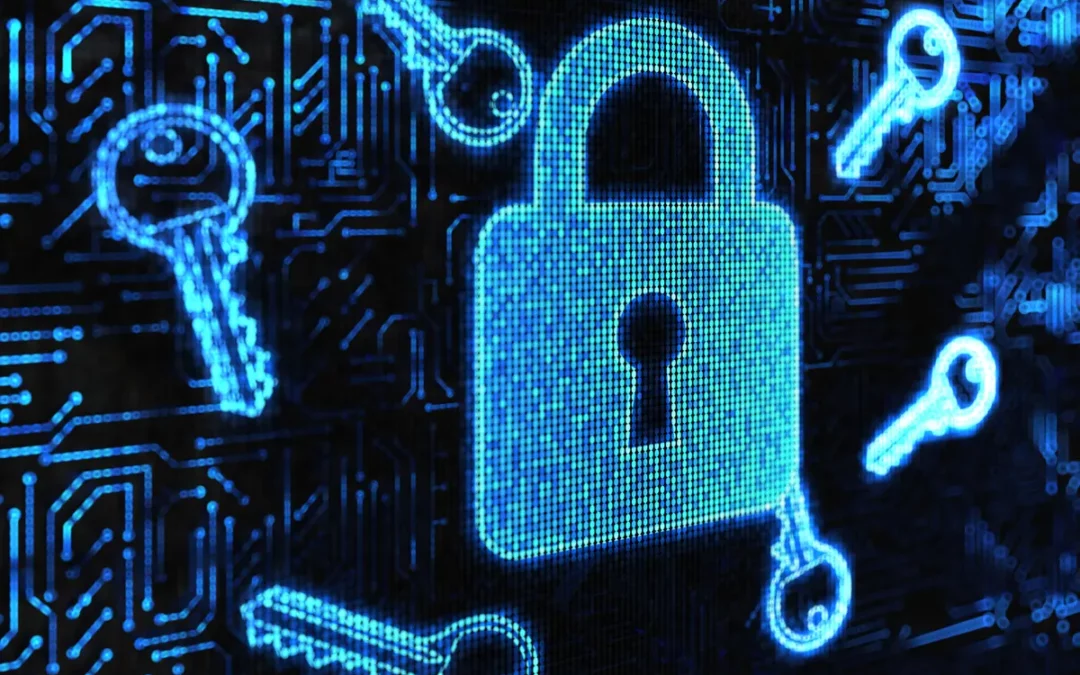In an era defined by unprecedented technological advancements and digital evolution, the landscape of business has undergone a radical transformation. With this shift towards digitization and connectivity, the need for robust cybersecurity measures has become more critical than ever before. As organizations embrace the opportunities presented by digital transformation, they must concurrently fortify their defenses against the escalating threats in the cyber realm.
The Digital Transformation Paradigm
Digital transformation has become synonymous with innovation, agility, and enhanced efficiency. It involves the integration of digital technologies into every aspect of a business, redefining processes, customer interactions, and even business models. While the benefits are immense, this rapid digitization also exposes organizations to new and sophisticated cyber threats.
The Rising Threat Landscape
As businesses leverage cloud computing, IoT devices, and interconnected systems, the attack surface for cyber threats expands exponentially. Cybercriminals, armed with advanced tactics and technologies, continuously seek vulnerabilities to exploit. From ransomware attacks to sophisticated phishing campaigns, the threat landscape has evolved, requiring a proactive and dynamic approach to cybersecurity.
The Role of Cybersecurity in Digital Transformation
Cybersecurity is not merely a protective layer; it’s an integral component of successful digital transformation. It ensures that the benefits of technology adoption are not overshadowed by the potential risks. Here’s how cybersecurity plays a pivotal role:
Data Protection:
In the digital age, data is a currency. Cybersecurity safeguards sensitive information, ensuring data integrity, confidentiality, and compliance with regulatory requirements.
Resilience Against Threats:
Advanced persistent threats and cyberattacks are inevitable. Cybersecurity measures provide a resilient defense, minimizing the impact of attacks and enabling swift recovery.
Securing IoT and Connected Devices:
As IoT devices proliferate, they become potential entry points for cyber threats. Cybersecurity protocols are crucial in securing these interconnected devices and preventing unauthorized access.
User Awareness and Training:
Human error remains a significant factor in cyber incidents. Cybersecurity education and training programs empower employees to recognize and mitigate potential threats.
The Evolving Role of Cybersecurity Firms
Enterprises need strategic partners to navigate the complex cybersecurity landscape. Specialized cybersecurity firms, such as REV Cybersecurity Solutions, have emerged as guardians of digital assets. Their role includes:
Proactive Threat Monitoring:
Continuous monitoring and analysis of network traffic to detect and prevent potential threats before they can cause harm.
Incident Response and Recovery:
In the event of a cybersecurity incident, a swift and effective response is paramount. Cybersecurity firms like REV specialize in rapid incident response and recovery strategies.
Strategic Advisory Services:
Providing strategic guidance to organizations, helping them stay ahead of emerging threats and aligning cybersecurity strategies with business objectives.
As organizations embark on the transformative journey of digital evolution, they must prioritize cybersecurity as a linchpin for success. The age of digital transformation demands not only innovation but also vigilance and resilience in the face of evolving cyber threats. By partnering with cybersecurity experts like REV Cybersecurity Solutions, businesses can fortify their digital foundations, ensuring a secure and prosperous future in the dynamic and interconnected world of the digital era.

